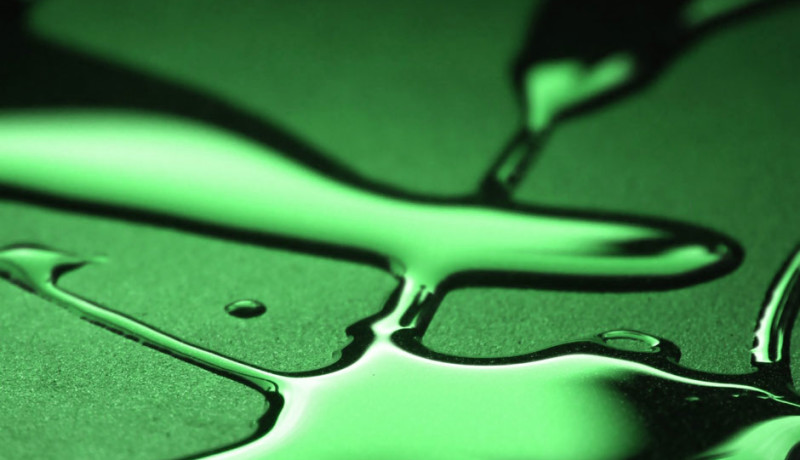Converting CO2 Into Fuel
May 26, 2010
on
on

Since we have so much CO2, why not use it in our benefit? The U.S. Department of Energy has awarded the University of Massachusetts Amherst an initial $1 million research grant to develop a clean, highly efficient new technology for converting carbon dioxide into transportation fuels. The process will yield the fuel butanol and other useful chemicals, for example, butanediol, from which plastics are made. According to the U.S. Department of Energy this research project could fundamentally change the way the World uses and produces energy.
Known as microbial electrosynthesis (ME), the technology is based on the discovery that some specialized microorganisms can feed on electrons delivered with electrodes. These bacteria live on the electrodes and use electrons released from them as their food source. Basically, ME is a new form of photosynthesis, in which carbon dioxide and water are combined to produce organic compounds and oxygen is released as a byproduct.
Electric energy powers the microbes to “breathe in” the carbon dioxide and “exhale” fuels and chemicals. Any source of electricity will do, but the technology is primarily designed to be used with solar panels, to power the microbes with clean, renewable solar energy. Further, ME can be used to scrub carbon dioxide out of the environment at places where that greenhouse gas is highly concentrated and emitted into the atmosphere, for example, at smokestacks of coal-fired power plants.
Sounds promising, in fact Eli from the Tech the Future team already conducted a similar experiment at Uni a while back and succesfully converted CO2 into fuel.
Via UMass
Known as microbial electrosynthesis (ME), the technology is based on the discovery that some specialized microorganisms can feed on electrons delivered with electrodes. These bacteria live on the electrodes and use electrons released from them as their food source. Basically, ME is a new form of photosynthesis, in which carbon dioxide and water are combined to produce organic compounds and oxygen is released as a byproduct.
Electric energy powers the microbes to “breathe in” the carbon dioxide and “exhale” fuels and chemicals. Any source of electricity will do, but the technology is primarily designed to be used with solar panels, to power the microbes with clean, renewable solar energy. Further, ME can be used to scrub carbon dioxide out of the environment at places where that greenhouse gas is highly concentrated and emitted into the atmosphere, for example, at smokestacks of coal-fired power plants.
Sounds promising, in fact Eli from the Tech the Future team already conducted a similar experiment at Uni a while back and succesfully converted CO2 into fuel.
Via UMass
Read full article
Hide full article


Discussion (0 comments)